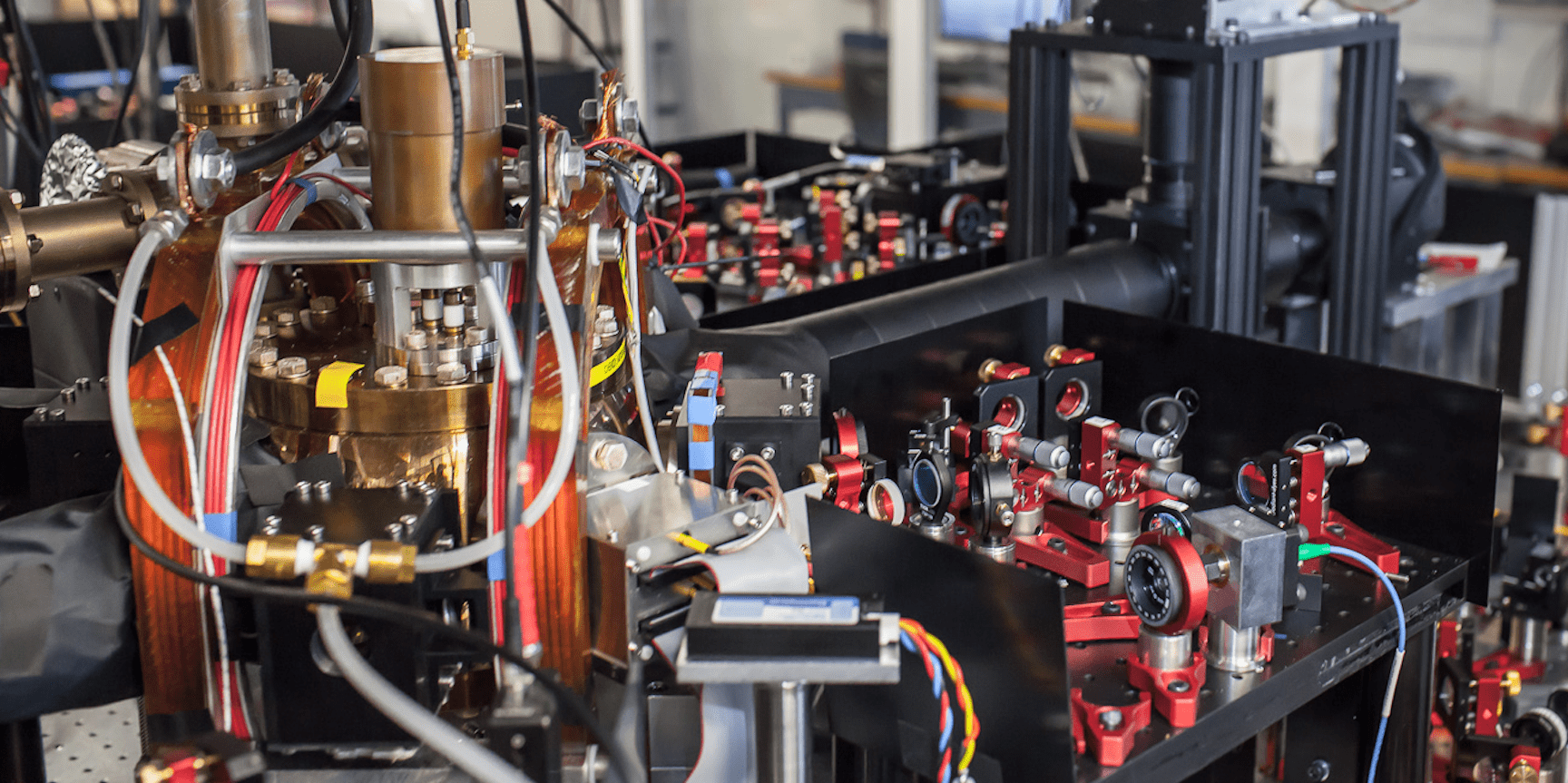The researchers at X, the moonshot factory, introduce a new class of generative quantum-neural-network-based models called Quantum Hamiltonian-Based Models (QHBMs). In doing so, they establish a paradigmatic approach for quantum-probabilistic hybrid variational learning, where they efficiently decompose the tasks of learning classical and quantum correlations in a way which maximizes the utility of both classical and quantum processors.
In addition, they introduce the Variational Quantum Thermalizer (VQT) for generating the thermal state of a given Hamiltonian and target temperature, a task for which QHBMs are naturally well-suited. The VQT can be seen as a generalization of the Variational Quantum Eigensolver (VQE) to thermal states: they show that the VQT converges to the VQE in the zero temperature limit. They provide numerical results demonstrating the efficacy of these techniques in illustrative examples.
They use QHBMs and the VQT on Heisenberg spin systems, byapplying QHBMs to learn entanglement Hamiltonians and compression codes in simulated free Bosonic systems, and finally they use the VQT to prepare thermal Fermionic Gaussian states for quantum simulation.



